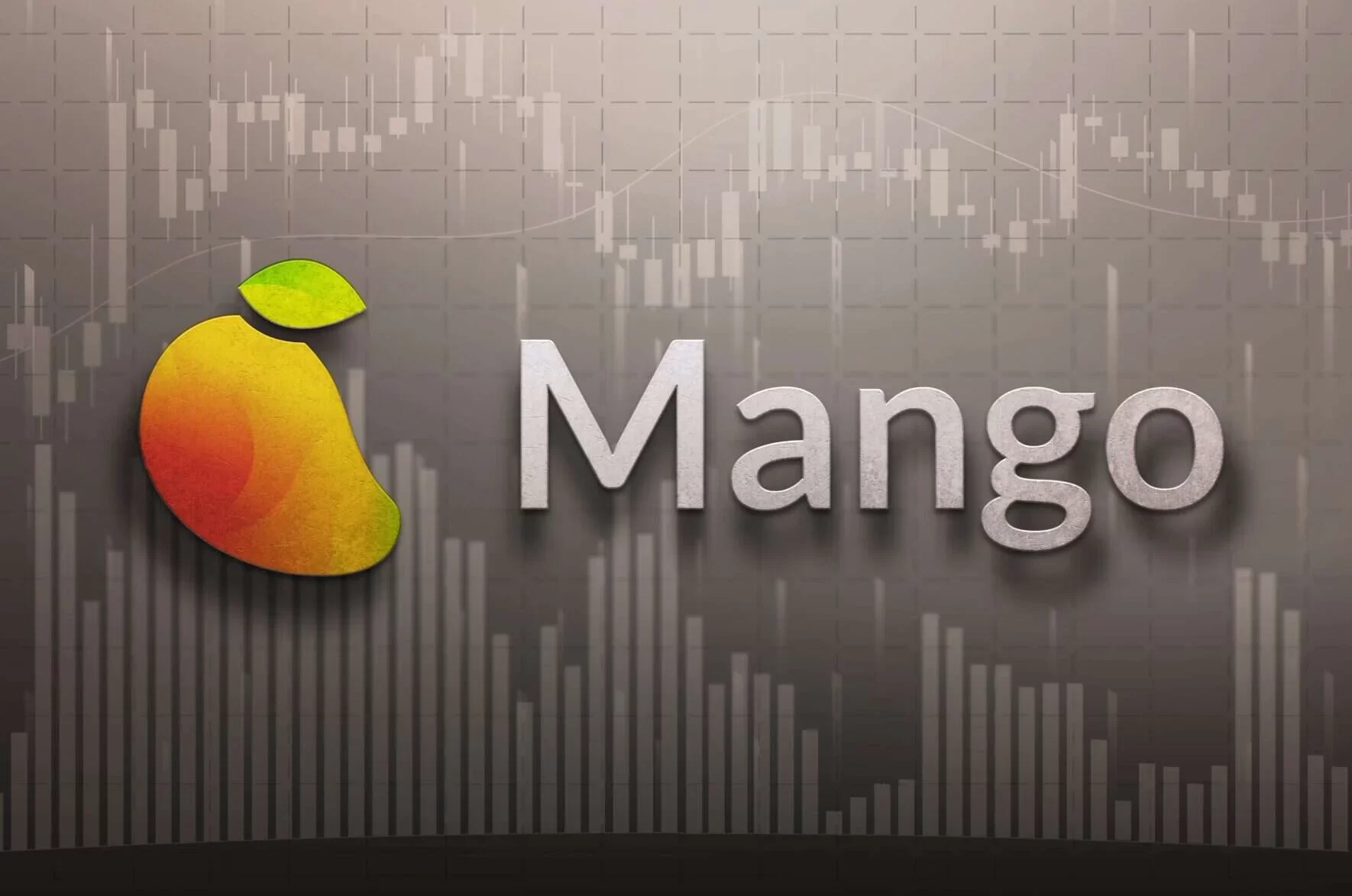The legal battle over Avraham “Avi” Eisenberg’s alleged $110 million exploit of Mango Markets, a decentralized exchange on the Solana blockchain, has captured the attention of the crypto world. In a narrative fit for a financial thriller, prosecutors likened Eisenberg’s actions to a contemporary version of a classic con—selling a fake diamond ring and disappearing with the cash. However, Eisenberg stands firm, arguing his maneuvers within the market were completely legal.
A High-Stakes Legal Drama
The prosecution, led by Assistant Attorney Tian Huang in a Manhattan federal court, cast Eisenberg’s October 2022 actions as outright fraud and market manipulation. Huang vividly compared the incident to a scammer selling counterfeit jewelry before fleeing, emphasizing that Eisenberg inflated cryptocurrency prices by an astonishing 1,000% in just 20 minutes, misleading Mango Markets about the assets he possessed.
Eisenberg’s defense challenges this portrayal, insisting that the trade was a legitimate high-risk, high-reward strategy. His lawyer, Sanford Talkin, highlighted that Eisenberg had risked $13 million of his own funds, which could have vanished if the market had moved against him. The defense argues that the trade was conducted openly, with all transactions visible on the blockchain, thus providing a fair chance for others to counteract his moves.
The Exploit Explained
In a daring move, Eisenberg manipulated the value of Mango Markets’ native token, MNGO, against USD Coin, subsequently securing loans against the artificially boosted MNGO price. This strategy led to the depletion of approximately $110 million in various cryptocurrencies from Mango Markets’ treasury. Although Eisenberg later returned $67 million in assets, the repercussions of his actions continue to ripple through the crypto community, sparking debates on the nature of decentralized finance (DeFi) and the legal boundaries of smart contracts.
Broader Implications for Crypto
The outcome of Eisenberg’s case could set a significant precedent for the crypto industry. Gabriel Shapiro, a prominent crypto lawyer, notes that while market manipulation charges may hold, accusing Eisenberg of breaching an implied loan agreement raises critical questions about the operational principles of DeFi platforms. The case challenges the conventional understanding of loan agreements and liability within the DeFi space, potentially reshaping the legal landscape for blockchain transactions.
A Defining Moment for DeFi
As the trial unfolds, it not only scrutinizes Eisenberg’s actions but also puts the spotlight on the broader implications for DeFi governance and regulatory oversight. The legal distinctions between traditional finance scams and the innovative, albeit risky, strategies employed in the crypto market are under examination. The resolution of this case could influence future regulatory frameworks and the operational dynamics of decentralized platforms, marking a pivotal chapter in the evolution of digital finance.
